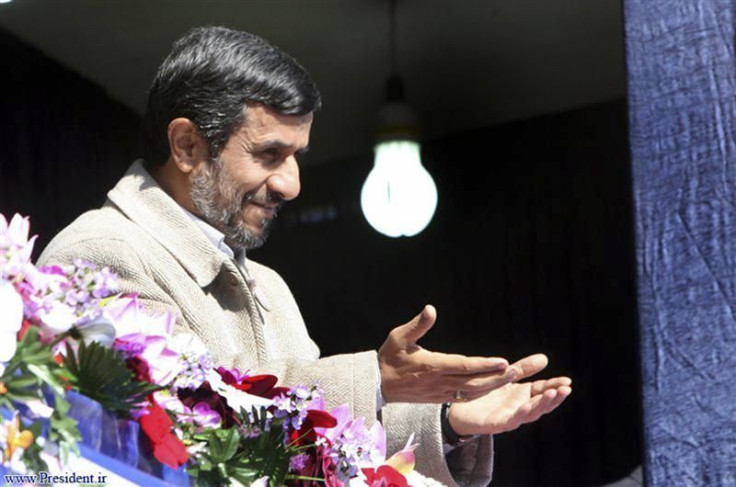Iran Wants Nuclear Talks in Turkey

After more than a month of posturing and back-and-forth jeering, Iran said it's ready to restart nuclear talks with the European Union (EU), adding that Turkey would be the best place for a dialogue.
I have already informed [EU foreign policy chief) Catherine Ashton in Bonn that we are ready to resume the nuclear talks, Iranian Foreign Minister Ali-Akbar Salehi told reporters in Teheran.
And my Turkish colleague [Ahmet Davutoglu] has already agreed that the talks could be held again in Turkey, which is the best venue for us.
Davutoglu, Turkey's Foreign Minister, is currently in Iran on a two-day state visit.
Istanbul was the location of the last meeting with Iran and the United States, Russia, China, Britain, France and Germany. The talks stalled and didn't accomplish much, but Iran's nuclear program spokesperson Saeed Jalili said that the Islamic Republic is willing to try again, according to The Associated Press.
It has been long suspected that Iran is trying to develop a nuclear weapon. The country claims that its nuclear program is only for peaceful purposes but a recent report from the International Atomic Energy Association has belied that claim and prompted a new wave of sanctions in an attempt to temper Iran's nuclear ambitions.
The most recent is a new sanction imposed by the United States. Signed into law by President Barack Obama on Dec. 31, the new measure will force other countries choose to do business with either Iran or the U.S., but not both. The sanctions, which won't go into effect for a number of months, add to the list of sanction from the E.U. and the U.N. France is currently pushing the EU more new, tougher sanctions as well.
Per usual, Iran shrugged off the measures.
We are always ready for these hostile sanctions and we are not concerned about them,Salehi told ISNA. Necessary plans are in place and we will safely overcome the current sanctions, as well, he said.
Turkey gets about 30 percent of its oil from Iran and could either ignore the U.S. sanction or apply for a waiver.
During a press conference in Teheran on Thursday, Davutoglu added that Turkey does not think Iran is a threat to global security. Moreover, he said that Turkey would not allow other states to use Turkey as a launch pad to attack Iran, mentioning specifically a NATO radar station in the country.
This is a defensive system, which is part of a NATO defensive system, he said. During our talks I stressed that this system cannot be used against any of Turkey's neighbors.
© Copyright IBTimes 2025. All rights reserved.





















